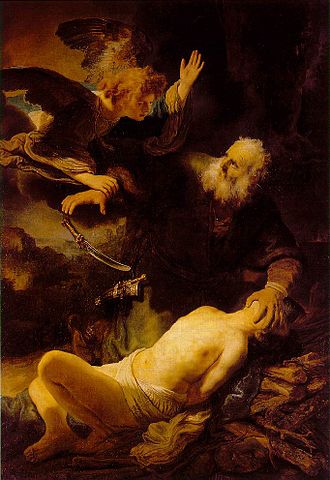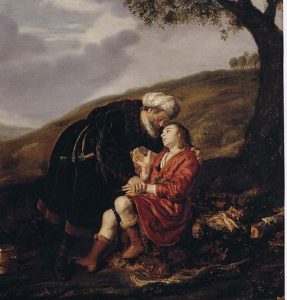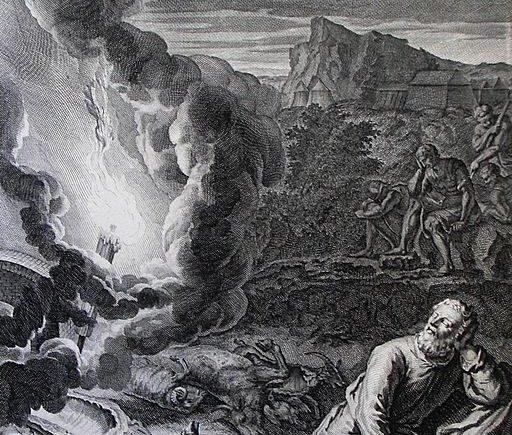by Lois Tverberg
See, I am standing beside this spring, and the daughters of the townspeople are coming out to draw water. May it be that when I say to a girl, `Please let down your jar that I may have a drink,’ and she says, `Drink, and I’ll water your camels too’ – let her be the one you have chosen for your servant Isaac. By this I will know that you have shown kindness to my master. – Genesis 24:13-14
When Abraham’s servant went to find a wife for Isaac, he knew that God would help his mission be successful. After all, God had said that Isaac would be the father of a great nation, and in order to do that, he would need a wife.
 It is interesting to see how the servant acts faithfully to find a wife for Isaac, knowing his cultural setting. He started with prayer before he began to look for a wife. But then he used some common sense to go where he would find her. The village well was a center of daily activity, where women came each morning and evening to get water. The servant knew that this was the place to bump into eligible young women, so he sought them out there. This seems to be an effective method in biblical times – Jacob met his wife at a well, as did Moses.
It is interesting to see how the servant acts faithfully to find a wife for Isaac, knowing his cultural setting. He started with prayer before he began to look for a wife. But then he used some common sense to go where he would find her. The village well was a center of daily activity, where women came each morning and evening to get water. The servant knew that this was the place to bump into eligible young women, so he sought them out there. This seems to be an effective method in biblical times – Jacob met his wife at a well, as did Moses.
The servant went where the women were, and then decided to look for a person of character that he could recognize by her response to him and his camel’s need for a drink. She would have had to have had a compassionate heart for strangers. In that time, hospitality was highly prized. And, by offering to water his camels, she took on an enormous task to help a stranger. Camels can drink 25 gallons or more after a long journey, about 200 pounds of water each. By bringing water for all ten, it would have taken hours and several dozen trips to transport about a ton of water to them! By the time she was done, it must have been well after dark.
The servant could see from Rebekah’s amazing effort that she was quite a strong, caring, generous young woman. The Lord had rewarded his faith and good sense. And because Rebekah had extended herself to a thirsty stranger, the Lord rewarded her by making her the mother of a great nation.
Photocred: http://worldwaterday.internationalmedicalcorps.org/WaterFacts.html













